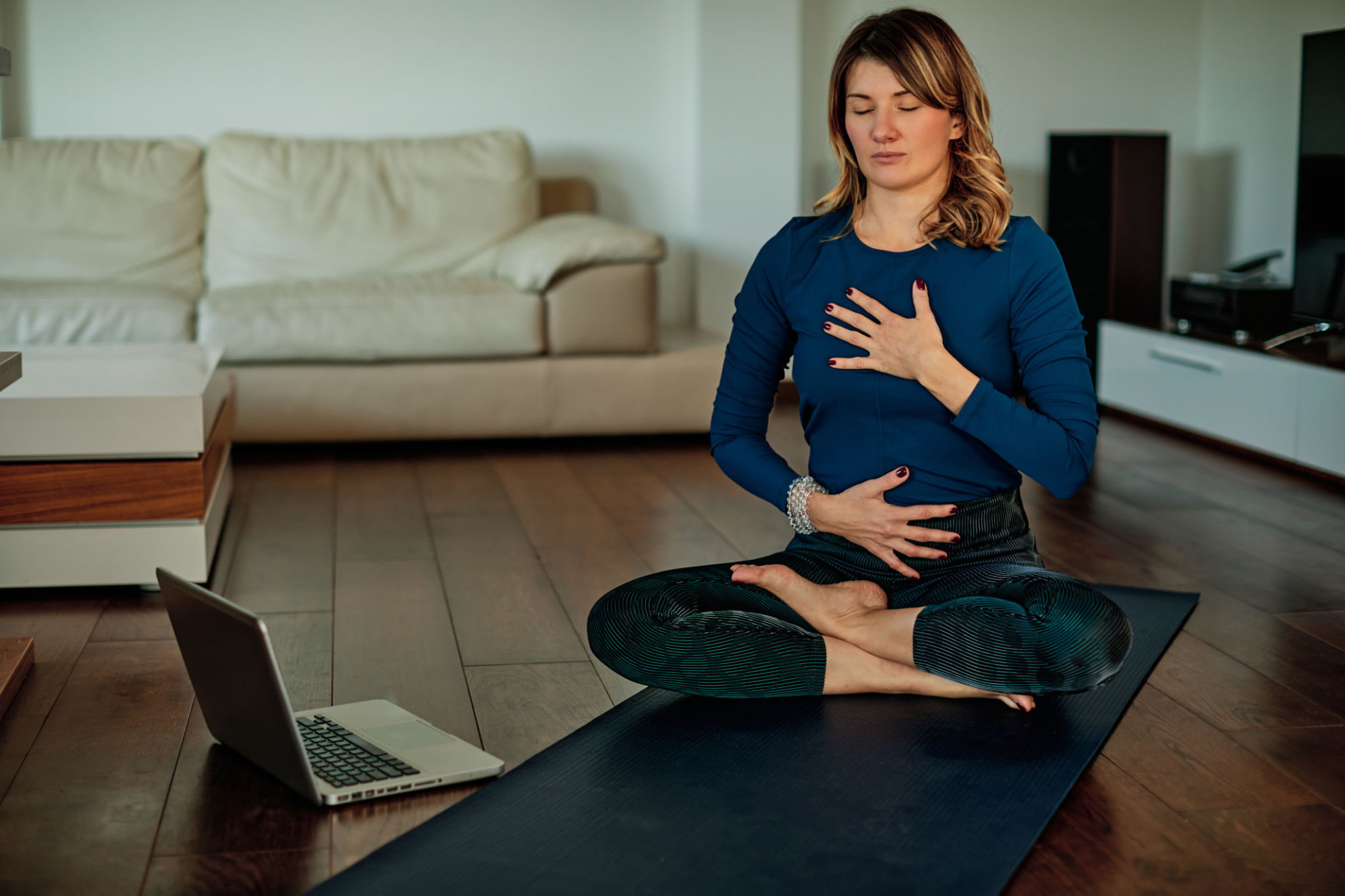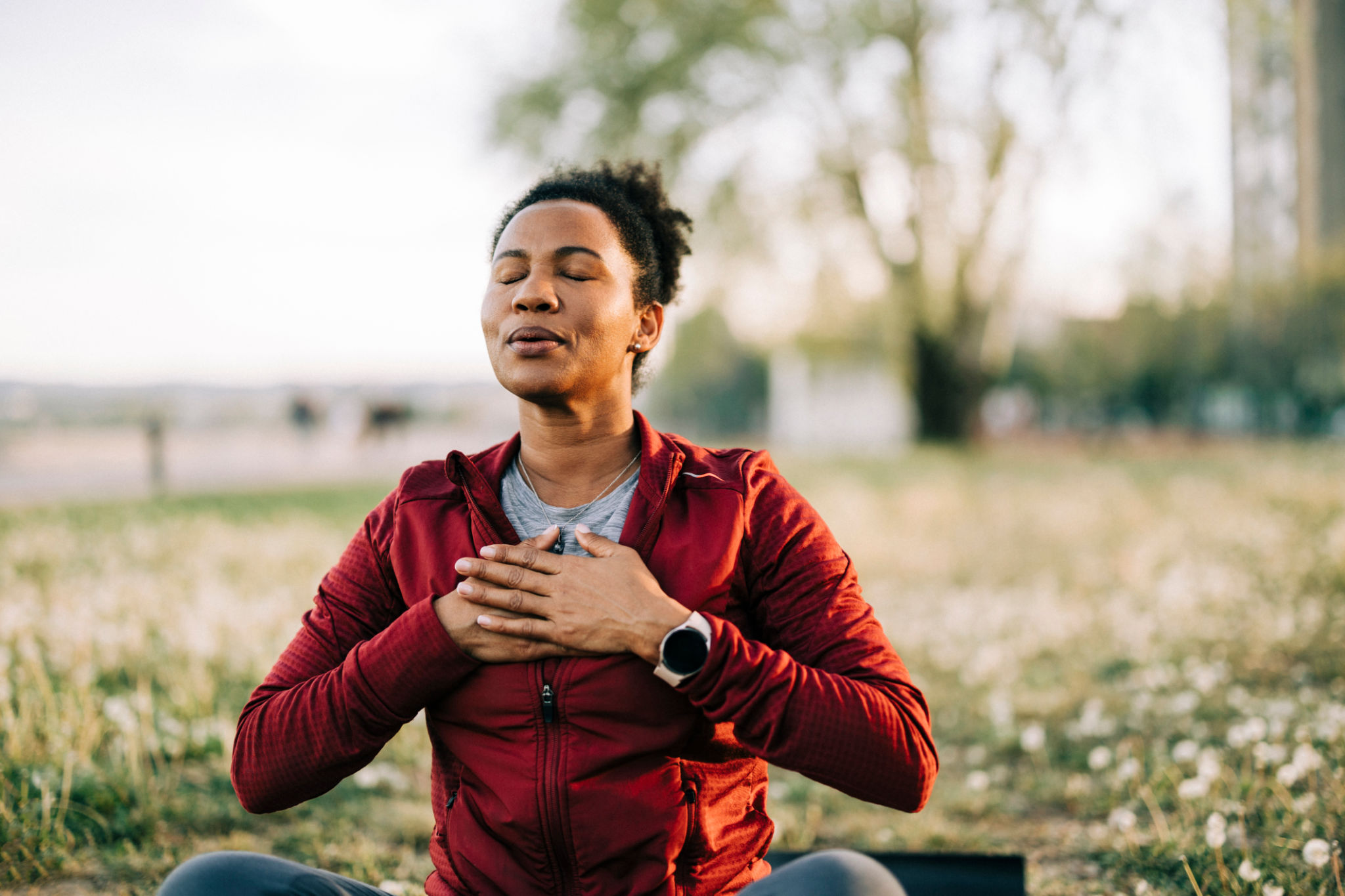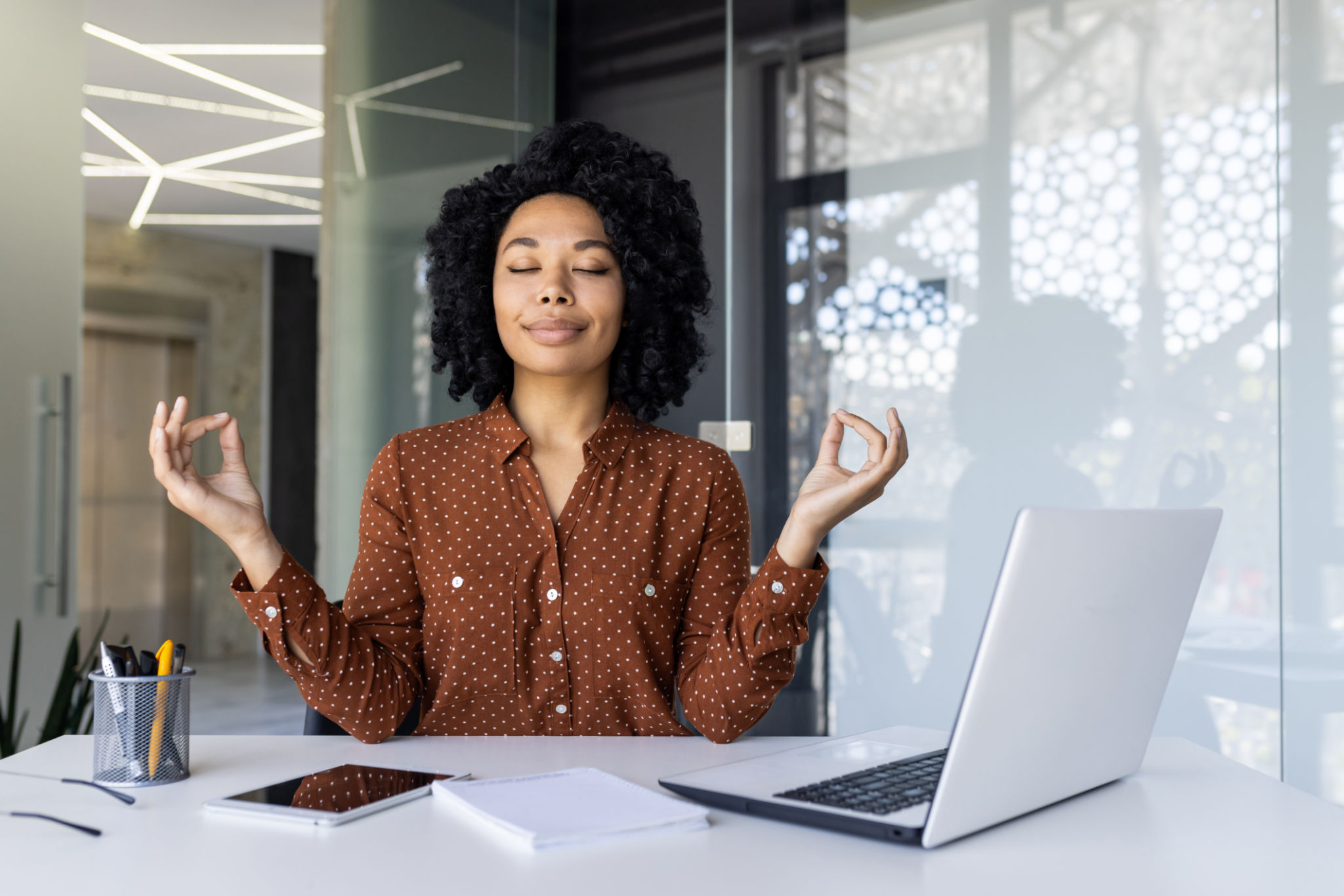DIY Stress Relief Techniques Between Your Massage Sessions
Introduction to DIY Stress Relief
Life can be hectic, and while regular massage sessions are an excellent way to relieve stress, it's not always feasible to visit a therapist as often as you'd like. Fortunately, there are several DIY stress relief techniques you can practice at home to maintain your well-being between professional massages.
These simple practices can help manage stress levels, improve mental clarity, and enhance overall health. Let's explore some effective methods you can incorporate into your daily routine.

Breathing Exercises
Deep Breathing
Deep breathing is a fundamental technique for reducing stress and calming the nervous system. Start by finding a comfortable seated position, close your eyes, and take slow, deep breaths. Inhale deeply through your nose, hold for a few seconds, and then exhale slowly through your mouth. Repeat this process for a few minutes each day to experience a noticeable difference in your stress levels.
4-7-8 Breathing Technique
The 4-7-8 technique is another powerful breathing exercise. Inhale through your nose for four counts, hold your breath for seven counts, and exhale through your mouth for eight counts. This method helps increase oxygen intake, which can promote relaxation and reduce anxiety.

Progressive Muscle Relaxation
Progressive muscle relaxation involves tensing and then releasing different muscle groups in the body. This technique helps to alleviate physical tension that often accompanies stress.
To practice this, start at your feet and progressively work your way up to your head. Tense each muscle group for about five seconds before releasing. Focus on the sensation of relaxation that follows the release of tension.
Meditation and Mindfulness
Guided Meditation
Meditation is a time-tested method for reducing stress and improving mental clarity. Guided meditation can be particularly helpful for beginners. Use apps or online resources to access guided sessions that suit your preferences, whether it's calming music, affirmations, or visualizations.
Mindfulness Practices
Mindfulness involves staying present in the moment without judgment. Practice mindfulness by engaging fully in activities like walking, eating, or even washing dishes. Focus on the sensations, smells, and sounds around you. This practice helps to ground you and provides a break from overthinking.

Aromatherapy and Essential Oils
Aromatherapy uses essential oils to promote relaxation and enhance mood. Scents like lavender, chamomile, and eucalyptus are known for their calming properties.
You can use an essential oil diffuser, add a few drops to a warm bath, or simply inhale directly from the bottle. Experiment with different oils to find what works best for you.
Journaling
Writing down your thoughts and feelings can be incredibly therapeutic. Journaling provides an outlet for expressing emotions and organizing thoughts, which can reduce stress levels.
Set aside time each day to write freely without worrying about grammar or structure. Reflect on what you're grateful for or document significant events in your life.

Conclusion: Finding Your Balance
Incorporating these DIY stress relief techniques into your daily routine can help bridge the gap between massage sessions and maintain a sense of calm and balance in your life. Remember that consistent practice is key to achieving long-term benefits.
By taking proactive steps to manage stress, you empower yourself to live a healthier and more peaceful life. Explore these methods and discover what resonates most with you on your journey to well-being.